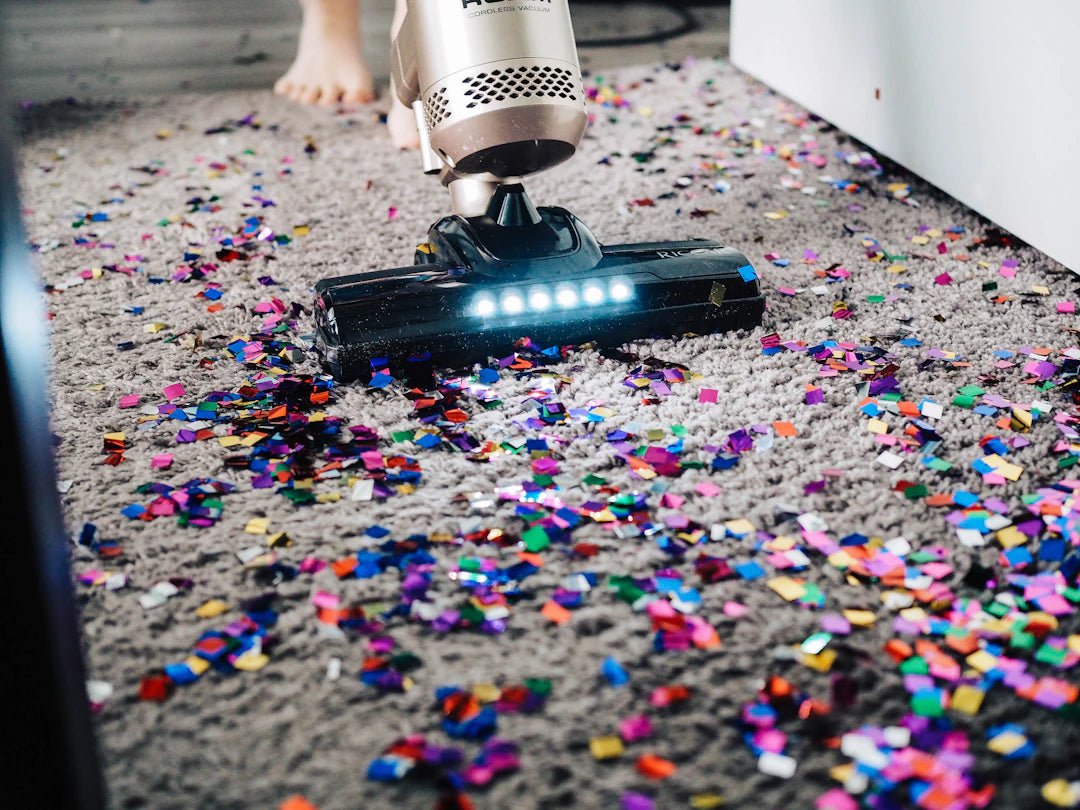Frequently Asked Questions
1. What is the first step in cleaning upholstery?
2. What supplies do I need to clean upholstery?
3. How do I spot clean stains on upholstery?
4. What are some deep cleaning techniques for upholstery?
5. How can I maintain clean upholstery in the long run?
Keeping your upholstery fresh and clean can seem like a daunting task, but with the right techniques and best practices, you can maintain your furniture effortlessly. Clean upholstery not only enhances the aesthetic of your home but also prolongs the life of your furniture. Whether you are refreshing a couch, chair, or any piece of upholstered furniture, this guide is here to provide you with useful tips and techniques for effective cleaning.
Understanding Your Upholstery Fabric
Before diving into the cleaning process, it's crucial to understand the type of fabric you are dealing with. Upholstery fabrics fall into several categories, and knowing which type you have will guide you in selecting the appropriate cleaning methods and solutions. Here are the most common upholstery types:
Natural Fibers
- Cotton: Soft and breathable but can stain easily.
- Linens: Durable and classic but prone to wrinkles and fading.
- Wool: Resistant to wrinkling and staining but requires special care to maintain cleanliness.
Synthetic Fibers
- Polyester: Strong and resistant to stains, making it easy to clean.
- Nylon: Resilient and elastic, commonly used for upholstery.
- Acrylic: Soft and lightweight; mimics wool but is easier to clean.
Different fabrics respond to cleaning chemicals, methods, and even water differently. Always check the care label for specific instructions.
Preparation for Cleaning Upholstery
Preparation is key to effective upholstery cleaning. Following these steps will ensure you get the best possible result from your cleaning efforts:
Gather Your Supplies
Equip yourself with a home cleaning kit to tackle the job efficiently. Here are the essentials you should consider:
- Vacuum with upholstery attachment
- Soft-bristle brush
- Microfiber cloths
- Gentle fabric cleaner (specific to your upholstery type)
- Water and spray bottle
- White vinegar (for tough stains)
Test the Cleaning Solution
Before using any cleaning solution, conduct a patch test. Select a hidden area of the upholstery, apply a small amount of the solution, and observe for any discoloration or damage. If the fabric reacts negatively, opt for a milder approach or a different cleaner.
Cleaning Upholstery: Step-by-Step Techniques
Once you are prepared, it’s time to clean your upholstery. Follow these effective steps for a thorough cleaning:
Vacuuming
Start by vacuuming the upholstery to remove any loose dirt, dust, or debris. Use a vacuum cleaner with an upholstery attachment to ensure you capture particles from the fabric's fibers.
Spot Cleaning Stains
- Identify the Stain Type: Determine the kind of stain you are dealing with – food, beverage, oil, etc.
- Apply Cleaning Solution: Dampen a microfiber cloth with your chosen cleaning solution and gently blot the stain. Avoid rubbing, as this may spread the stain.
- Rinse: Lightly dampen another cloth with clean water and blot the area to remove any residue from the cleaning solution.
- Dry: Use a dry microfiber cloth to absorb excess moisture and allow the area to air dry completely.
Deep Cleaning Techniques
For a thorough clean, consider deep cleaning your upholstery regularly, especially in high-use areas. Here are some popular techniques:
Steam Cleaning
Steam cleaning is a powerful method that removes dirt and sanitizes upholstery. This technique helps tackle deeply embedded grime without the use of harsh chemicals. Ensure the fabric is suitable for steam cleaning before proceeding.
Shampooing
Using a specialized upholstery shampoo can also provide a deep clean. Follow these steps:
- Mix the shampoo with water according to manufacturer instructions.
- Using a soft brush, apply the solution to the fabric, working it in gently.
- Use a clean damp cloth to remove the shampoo.
Dry Cleaning Solvent
For certain fabrics, you may need to use a dry cleaning solvent. Follow the instructions provided with the solvent carefully and test a hidden area first. This can be especially effective for removing oil-based stains.
Maintaining Clean Upholstery
Regular maintenance can significantly prolong the life and appearance of your upholstery. Here are a few best practices to keep in mind:
Regular Vacuuming
Incorporate vacuuming into your weekly cleaning routine. This will help prevent dirt and dust buildup that can wear down fibers over time.
Use Slipcovers
If you have children or pets, consider investing in slipcovers. These are easy to clean and can protect your upholstery from stains and wear.
Professional Cleaning
Every now and then, consider hiring a professional cleaning service, especially for challenging stains or delicate fabrics. They have the expertise and equipment to restore your upholstery to its original state.
Making the Most of Your Home Cleaning Kit
A well-stocked home cleaning kit is crucial for maintaining clean upholstery and overall home cleanliness. Here are some tips for maximizing its effectiveness:
Regularly Update Your Supplies
Assess your cleaning supplies regularly, replacing those that are running low or ineffective. Having fresh cleaners ensures you can tackle any mess when it arises.
Custom Solutions
Consider creating your own cleaning solutions using common household items. For example, a mix of vinegar and water can work as a powerful stain remover.
Organize Your Cleaning Kit
Store your cleaning supplies in an easily accessible location. Having everything organized means you can grab what you need quickly and get to work.
What to Avoid When Cleaning Upholstery
While knowing what to do is essential, it’s equally important to understand what practices to avoid:
- Using Harsh Chemicals: Avoid bleach or ammonia-based products that can damage the fabric.
- Over-Wetting: Excess water can lead to mold or mildew, so be cautious with your water usage.
- Ignoring Stains: The longer you wait to clean a stain, the harder it can be to remove.
Transform Your Upholstery with Regular Care
In conclusion, maintaining clean upholstery is all about understanding your fabric, preparing adequately, and employing the right cleaning techniques. With a well-equipped home cleaning kit and a little effort, you can achieve a fresh appearance and a healthier home environment. Regular cleaning not only enhances the look of your furniture but can also lead to a happy and inviting space for family and friends. Embrace these techniques and enjoy the lasting benefits of beautiful upholstery!
Explore the world of another Shopify or Wix store owner. Visit their captivating online store. Keep in mind that this is a promotional link, and we are not responsible for the content of the linked store.


Share:
Deep Cleaning vs. Regular Cleaning: Know the Difference!
The Most Common Cleaning Mistakes and How to Fix Them